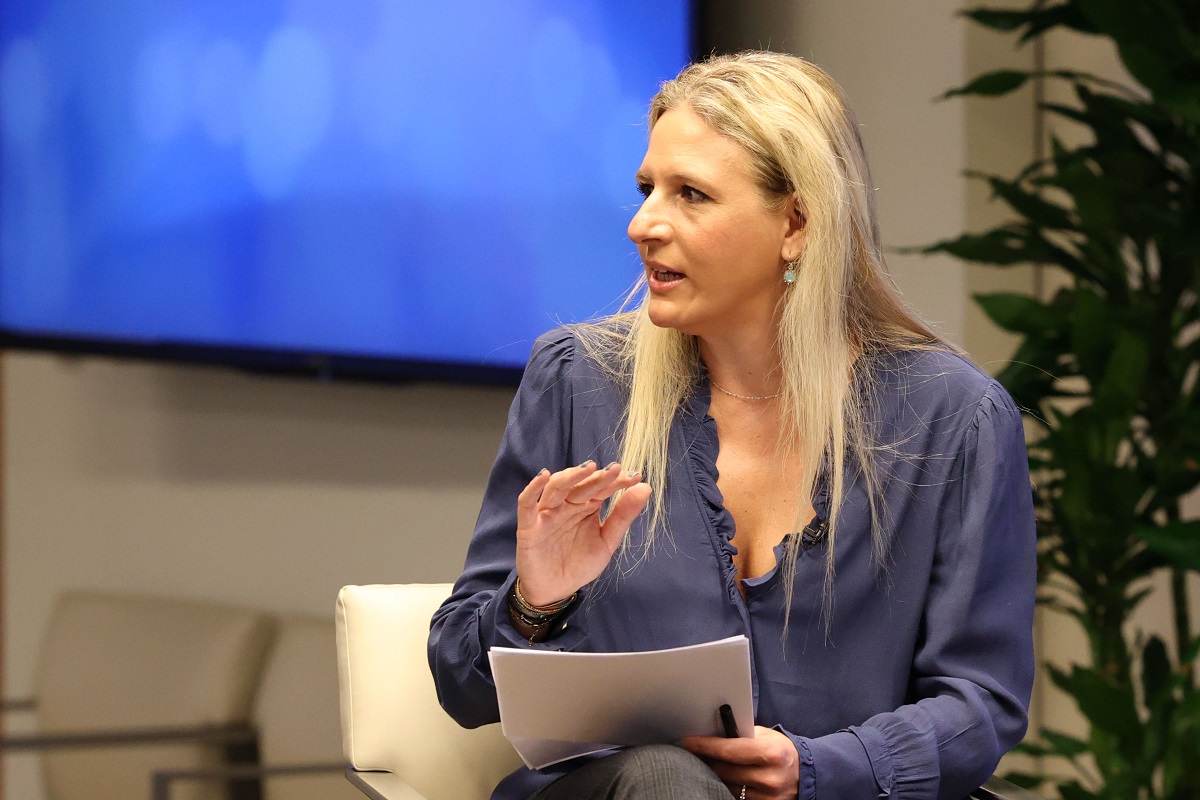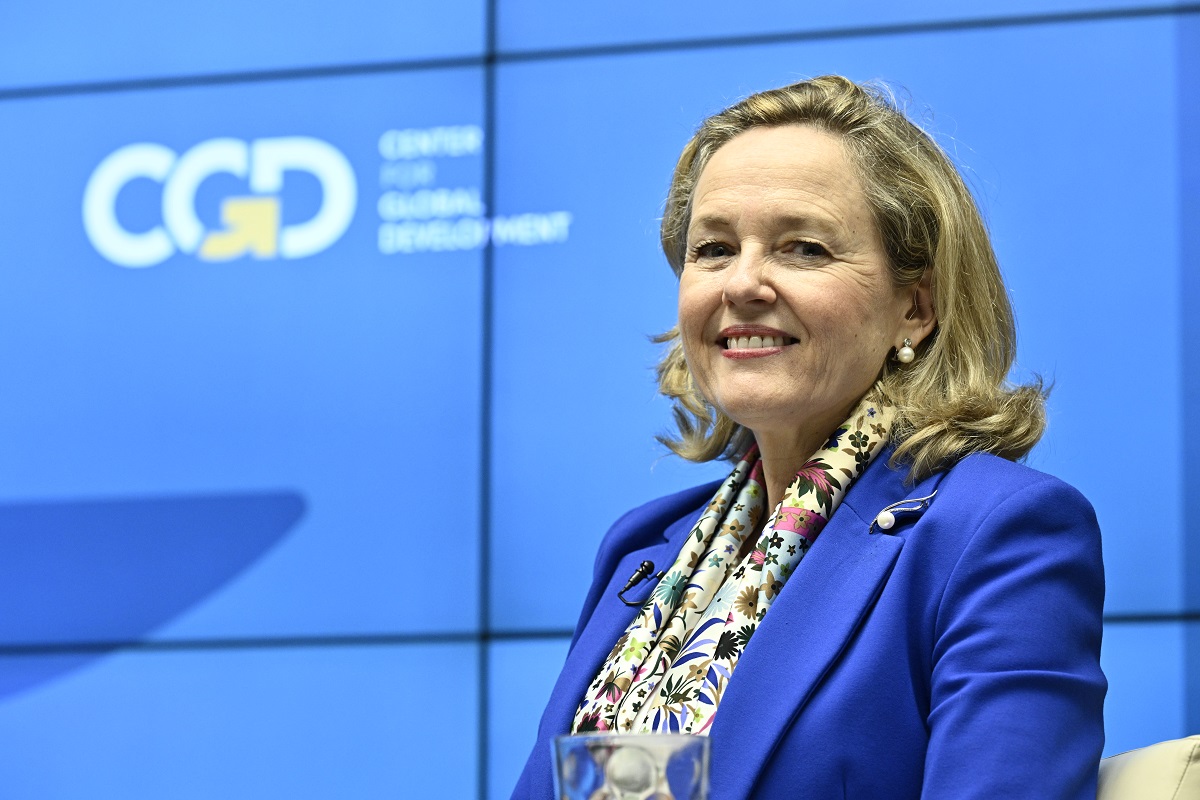The Multiannual Financial Framework 2021-2027—which is currently underway—will largely determine the future post-Brexit UK-EU relationship on development.
Brexit has the potential to make the UK more autonomous in its aid allocation, promoting UK interests and agendas in countries of strategic value, but it would also allow the UK less influence with its European partners and internationally. It could prompt Member States to rally together and renew their efforts towards meeting their aid targets, but runs the risk of leaving a gaping hole in the EU’s development budget—one that is looking increasingly harder to fill.
The big question then, is, can the UK and the EU find a new mutually beneficial way to work together?
There is no reason why they shouldn’t be able to do so. Both share the same values, interests, and commitment to the Sustainable Development Goals (SDGs). Both recognise that solving the big challenges of our time requires collaboration and collective action. Both need each other’s expertise, finance, and instruments.
The UK needs to maximise its influence in EU decision-making now while it still has the opportunity to keep as many of the doors as open as possible. Here’s why:
Unravelling the UK-EU web of obligations on development is not as complicated as in most other areas.
This is because of the system of “parallel competence” in development cooperation, by which the EU may undertake activities and conduct a common policy, but not prevent Member States from exercising their own policy. This is perceived as non-threatening to the interests or autonomy of Member States because the principle of parallel competencies only permits the voluntary acceptance of each Member State of any common analysis or strategy.
There is obvious value in the UK and EU maintaining the closest possible cooperation on development after Brexit.
The EU operates in 120 countries in the world and in all fragile states, many of which are strategically and historically important to the UK and where the UK does not have a presence. There has no doubt been a beneficial impact in terms of the EU as a mechanism to raise, pool, and coordinate aid and expertise. The EU can take higher fiduciary and reputational risks than the UK and has specific financial instruments and aid modalities that the UK may find politically unpalatable to implement, such as state-building contracts or budget support in fragile states, or the EU’s Instrument for Democracy and Human Rights. In international negotiations, DFID was often more likely to secure objectives working through the EU than acting alone, especially given the tendency to adopt a “bloc” approach.
And budgets matter.
In the current financial framework 2014-2020, EU external action finance amounts to €96.8 billion—€66.3 billion under the budget (Heading 4 - Global Europe), plus €30.5 billion under the separate and voluntary off-budget 11th European Development Fund. The UK currently contributes approximately 12 percent of this amount. Even without the UK, the European Commission has already suggested that it would be looking for an increase in the current volume of financing for external action to more than €100 billion over the period for the EU to meet both its existing and new ambitions, including promoting stability and security around its borders, tackling the root causes of irregular migration and violent extremism and fostering regional cooperation on areas of mutual interest. This is going to be a stretch. In previous negotiations, external policy has always been considered lower down on the list of EU priorities and has thus suffered disproportionately from overall budget restrictions.
But even with these big opportunities for cooperation, this financial framework round may prove to be a challenge—for three reasons:
-
The boundaries between external and internal challenges have become porous. Instability, fragility, and conflict remain deeply entrenched with increased terrorist attacks closer to home creating a deep sense of insecurity; climate change continues unabated; global growth remains weak; multidimensional poverty persists; and inequality within countries is rising. All of this has a bearing on Europe’s economic strength, sustainability, and solidarity.
-
The EU’s credibility in terms of its values has been undermined both at home and abroad by growing inconsistencies between European principles and practices. Some member states have flouted European standards on democracy and the rule of law, while the growing use of aid money to contain and reduce migration at all costs has proved expensive, mostly ineffective and has raised criticisms that the EU is abandoning core human rights principles. Balancing EU values and interests in internal and external action, especially with a broader and more complex interconnected agenda will be a key challenge for the next MFF.
-
The EU has been damaged by its ill-preparedness and inability to manage shocks and respond to crises. Scrambling to secure necessary resources on external action required considerable time and led to a proliferation of ad-hoc funding mechanisms fragmenting the budget.
With the discussions underway for the next EU Multiannual Financial Framework (MFF) post-2020 and Brexit negotiations running in parallel, everything is now up for grabs. A flexible, agile, and responsive EU is the stated aim from negotiators on both sides of the Channel but conceived differently: the EU wants the ability to shift its resources depending on where the next shock or crisis hits, or where the next strategic priority lies; the UK wants the ability to opt-in to various instruments and earmark funding for its own priorities.
DFID is offering to buy into some of the EU’s development instruments post-Brexit, although this may come with a hefty price. In the December Joint Report agreed between the UK and the EU, the UK stated that it may wish to participate in some Union budgetary programmes of the new MFF post-2020 as a non-Member State. DFID has taken this a step further in its non-paper on “The EU beyond 2020: Future Development Instruments: a UK Perspective” to suggest that the new external action instruments should be designed in such a way so that they are open to third countries. It wants the possibility, as a non-EU member, to earmark funding for geographical regions and thematic instruments, with a seat at the governance table. While additional funds for shared priorities would be welcome from the EU’s point of view—I have no doubt—institutional matters, like a seat at the governance table for a non-member, are likely to be the deal-breaker. The question is to what extent being denied a seat at the table is a deal-breaker for the UK.
My own view is that if the EU wants to keep one of the world’s leading development actors in its corner, it needs to find a way to allow the UK to engage in and contribute to shaping its development policy even though it is outside the bloc. There are a variety of options. For example, this could be done through joint task forces or initiatives at the country level, participation in management committees, or in the EU’s joint programming of development funds. It wouldn’t be the same level of influence the UK once enjoyed at the strategic level, but still offers a foot through the door.
This would be a win-win outcome for both sides. For the UK, it would mean access to EU finances, ideas, and expertise. For the EU, it would mean access to UK finances, ideas, and expertise. For both, it would become a partnership based on shared values and interests.
Disclaimer
CGD blog posts reflect the views of the authors, drawing on prior research and experience in their areas of expertise. CGD is a nonpartisan, independent organization and does not take institutional positions.





